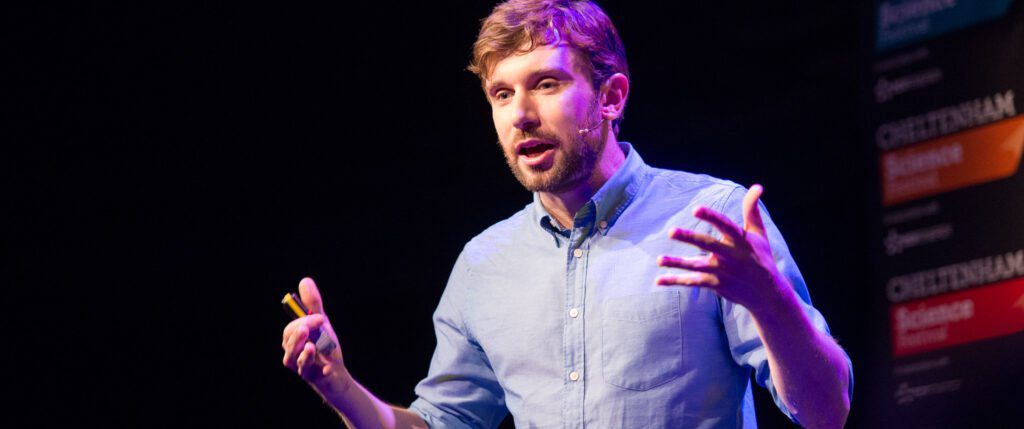“Old age is a massacre,” wrote Philip Roth, and long before the pandemic highlighted its risks.
Even those who consider themselves young must often observe the inevitable drift of their loved ones. Andrew Steele has a message of hope for everyone facing this prospect (that is, everyone). Old age doesn't have to be a massacre, on the contrary: old age doesn't even have to be "old".
Steele's thesis exposed in his latest book "Ageless” is that aging can be cured and, at least in part, will be very soon.

Aging without old age
Giant tortoises from the Galapagos Islands show no age-related decline. In some ways they look as young at 170 as they do at 30. Mr. Steele thinks that “aging without old age,” a phenomenon known as negligible senescence, is within humanity's reach.
Whether or not you are persuaded that ageless human beings can ever be more than a theoretical possibility (and it is a stretch), I believe that dismissing theoretical possibility entirely is based only on prejudice.
“Thanks” to the Western mentality. Our culture is full of morality tales about the folly of wanting to turn back the years. In reality there is no good reason to assume an upper limit to longevity, or that old age must be accompanied by bodily decline.
There is much evidence to the contrary

Without the inhabitants of the rich world really noticing it, a life that ends after 70 years has already come to seem like a life interrupted. It is 90 years now that is seen as a good acceptable milestone. for old age.
Yet, the still recent prejudice about "too many years" has long held back the field of biogerontology.
Treat ALL old age
Thankfully, scientists have put this bias aside over the past few decades. This allowed them to see that the real madness lies in trying to cure the diseases of old age one by one.
The new goal is to address the underlying cause of all manifestations of old age rather than addressing their underlying cause: aging itself.
Now they are trying to understand that process in all its extraordinary complexity, to intervene much earlier.
We have a lot of arrows in our bow
Doctors, says Steele, now have many more tools at their disposal.
Medicines that mimic the effects of life extension by dietary restriction. Genetic modification tools like CRISPR, computer models that simulate integers biological systems.
Arrows that could eventually hit the mark, and unlock the Methuselah within us.
Ironically, Covid temporarily curbed this thriving research area.
But within a couple of years we will have the beginning of a revolution for old age: perhaps in the form of the former senolytic drugs which eliminate the accumulation of long-standing cellular debris, or the massification of special protocols.
Old age can vanish
If for every year of scientific activity, one year could be added to the average length of human life, old age would retreat into the future at the same rate as today's population approaches.
It would in itself be a milestone on the road to negligible senescence.
This intermediate goal is easily achievable, he says.
Many scientists agree and are among those who have chosen to take experimental anti-aging drugs.
For some of these treatments they have calculated that the risks are small, compared to the potential benefits.
The real sign that a scientific revolution is in the offing is that scientists themselves have accepted: whether that revolution is desirable is a different question.


